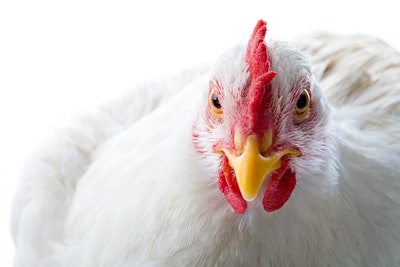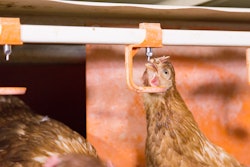
Anyone who keeps up to date with poultry or other animal disease outbreaks may have seen a new name appear in their inboxes over recent weeks – WOAH.
When a WOAH email first appeared in my inbox, I assumed that it was from an obscure organization whose mailing list I must have signed up to years ago and was only now mailing me. Little did I think that this was the OIE, the global authority on animal health.
The WOAH acronym, however, is a logical progression from the organization’s name change that took place in 2003 to the World Organization for Animal Health and is part of broader new brand image.
Its original name was coined almost a century ago in 1924, but caused difficulty for some, particularly English speakers. The OIE acronym, however, was not so problematic and having become firmly established in any conversation on international animal disease issues, was retained when the World Organization for Animal Health name was adopted.
Using an English name and French acronym worked well for me, but I do know some who found it confusing, and have had to explain the discordance on several occasions.
Time for change
I always quite liked the sound of “OIE”, but we all need to change with the times, and it is not only organization names that undergo this process.
Back in 2015, the OIE - or WOAH for younger readers - worked with the World Health Organization (WHO), to offer new best practices for naming human diseases, including what should be avoided.
The two organizations noted that using species of animal or food in names, for example, should be avoided, so no more bird ‘flu, swine ‘flue, or monkey pox.
Diseases are often given common names by people outside of the scientific community and, once established are difficult to change, even if inappropriate, the organizations argued.
Geographic locations and people’s names also ought to be avoided, they said, so perhaps in the future, although the two bodies were referring to human diseases, there may be no more Newcastle or Gumboro disease, at least on paper, and Newcastle disease might also go the same way.


















